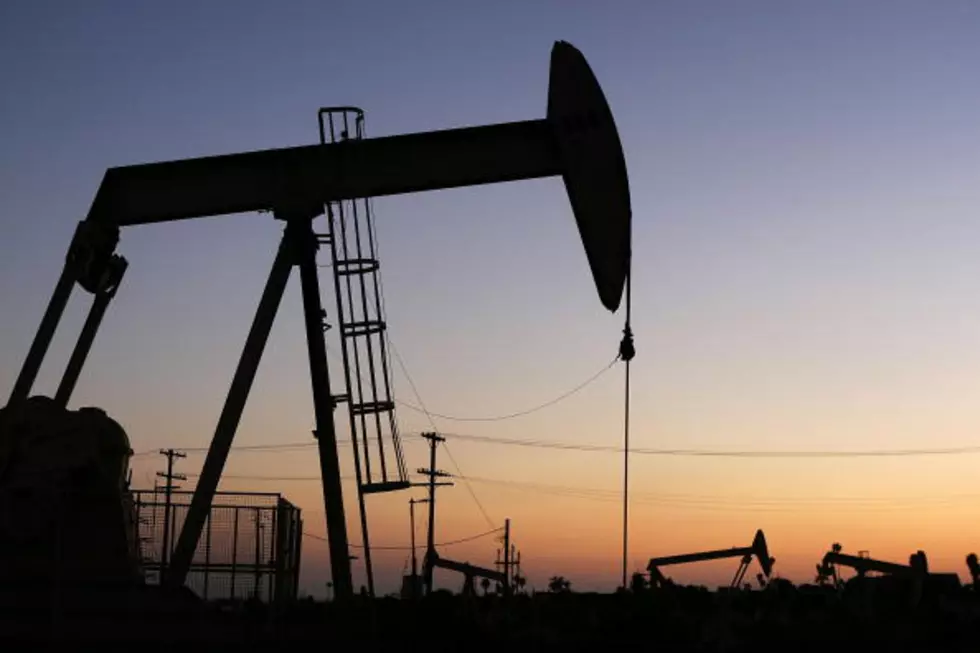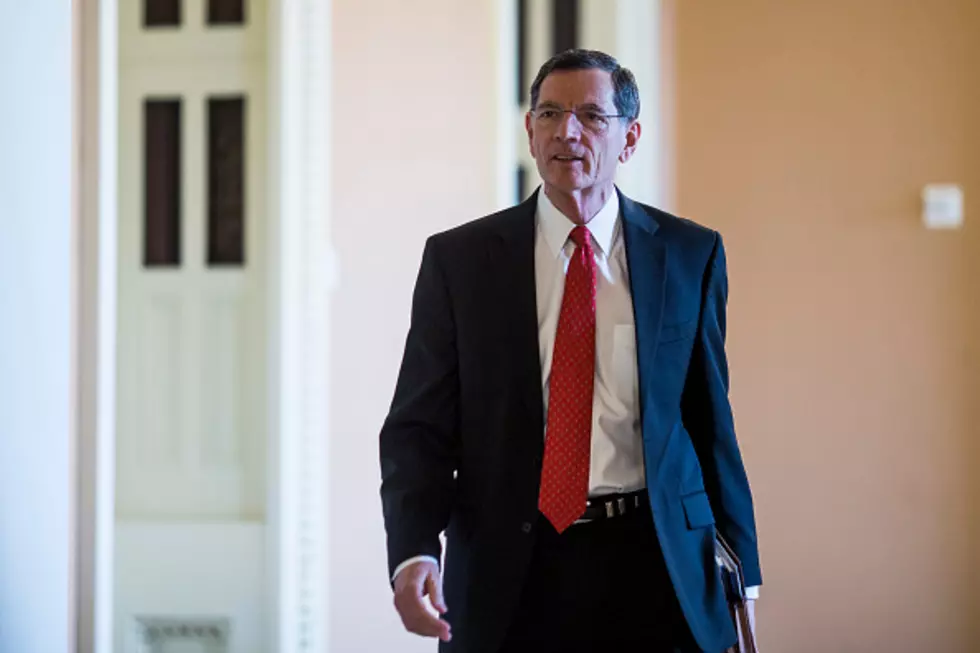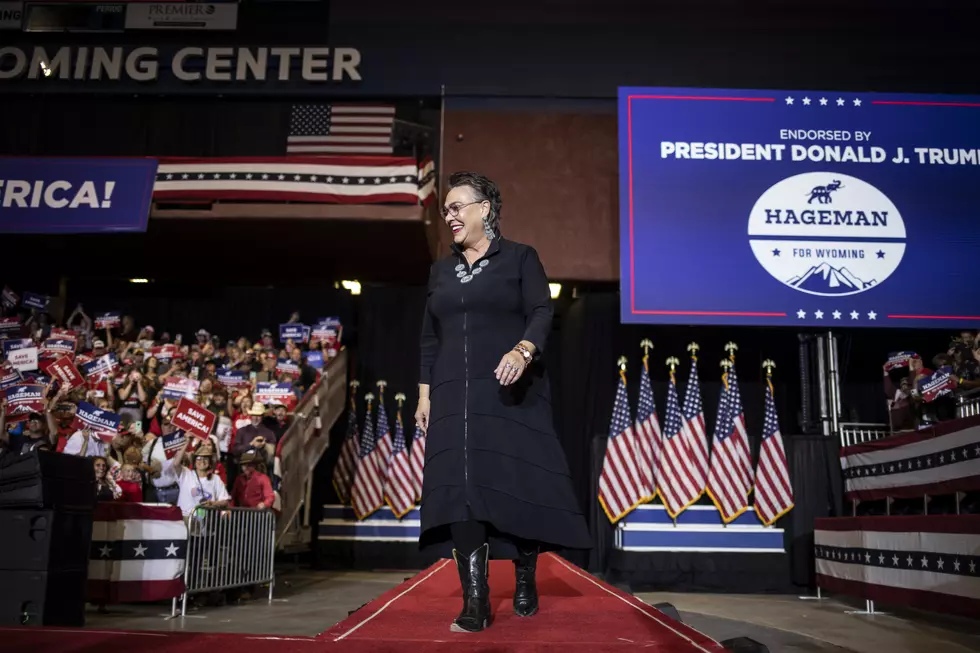
U.S. Department of Interior to Hold ‘Virtual Forum’ Regarding Oil & Gas Leasing on Federal Land
The U.S. Department of the Interior recently announced that they will host a virtual forum on Thursday, March 25. According to a news release from the Interior Department, the day-long forum will feature several panels that will highlight various perspectives from industry representatives, labor and environmental justice organizations, natural resource advocates, and other experts.

This virtual forum comes as a result of a comprehensive review of the federal oil and gas program, called for in Executive Order 14008.
The release notes that fossil fuel extraction on public lands actually accounts for almost 25% of all U.S. greenhouse gas emissions. Throughout recent years, multiple bills have been introduced to Congress to reform the program, including bills that better ensure that the public is not shut out of land management and leasing decisions. Additionally, bills have been created to address the mounting cleanup and remediation costs of orphan wells scattered across the country, as well as to provide a fair return to taxpayers for the use of their resources.
Despite claims to the contrary, and general panic when various bills were introduced, the oil and gas industry has stockpiled leases that account for millions of acres spread out across public lands and waters. The release notes that onshore, of the more than 26 million acres under lease to the oil and gas industry, nearly 53% of those acres are currently non-producing. Similarly, of the more than 12 million acres of public waters under lease offshore, the oil and gas industry currently holds approximately 7,700 unused, approved drilling permits.
Despite these figures, the release notes, the Trump administration offered for lease more than 25 million acres of public land onshore, and more than 78 million acres offshore for oil, gas, and mineral development. With that, only 5.6 million acres onshore and 5 million acres offshore were actually purchased. Because of this, the release states, “it is time for the Interior Department to take steps to better manage our public lands.”
“The federal oil and gas program is not serving the American public well. It’s time to take a close look at how to best manage our nation’s natural resources with current and future generations in mind,” said Principal Deputy Assistant Secretary - Land and Minerals Management Laura Daniel-Davis. “This forum will help inform the Department’s near-term actions to restore balance on America’s lands and waters and to put our public lands’ energy programs on a more sound and sustainable conservation, fiscal and climate footing.”
With all of this in mind, the Interior Department is showcasing the day-long virtual event. The information gathered at the forum, which will be livestreamed, will help inform an interim report from the Department that will be completed in early summer. Included in the report will be the initial findings in terms of the state of federal conventional energy programs. It will also outline the next steps, as well as recommendations, that both the Interior Department and Congress can take, in order to improve stewardship of public lands and waters, create jobs, and build a just and equitable energy future.
Details on how to livestream the forum will be released in the near future. The Interior Department also notes that they are reaching out to Members of Congress, Governors, Tribes, and other state and local elected leaders, in an effort to work with, not against, each other. Members of the public will also be able to offer written comments that will inform the interim report.
About the U.S. Department of the Interior
The Department of the Interior (DOI) conserves and manages the Nation’s natural resources and cultural heritage for the benefit and enjoyment of the American people, provides scientific and other information about natural resources and natural hazards to address societal challenges and create opportunities for the American people, and honors the Nation’s trust responsibilities or special commitments to American Indians, Alaska Natives, and affiliated island communities to help them prosper.
LOOK: Famous Historic Homes in Every State
More From Wake Up Wyoming









